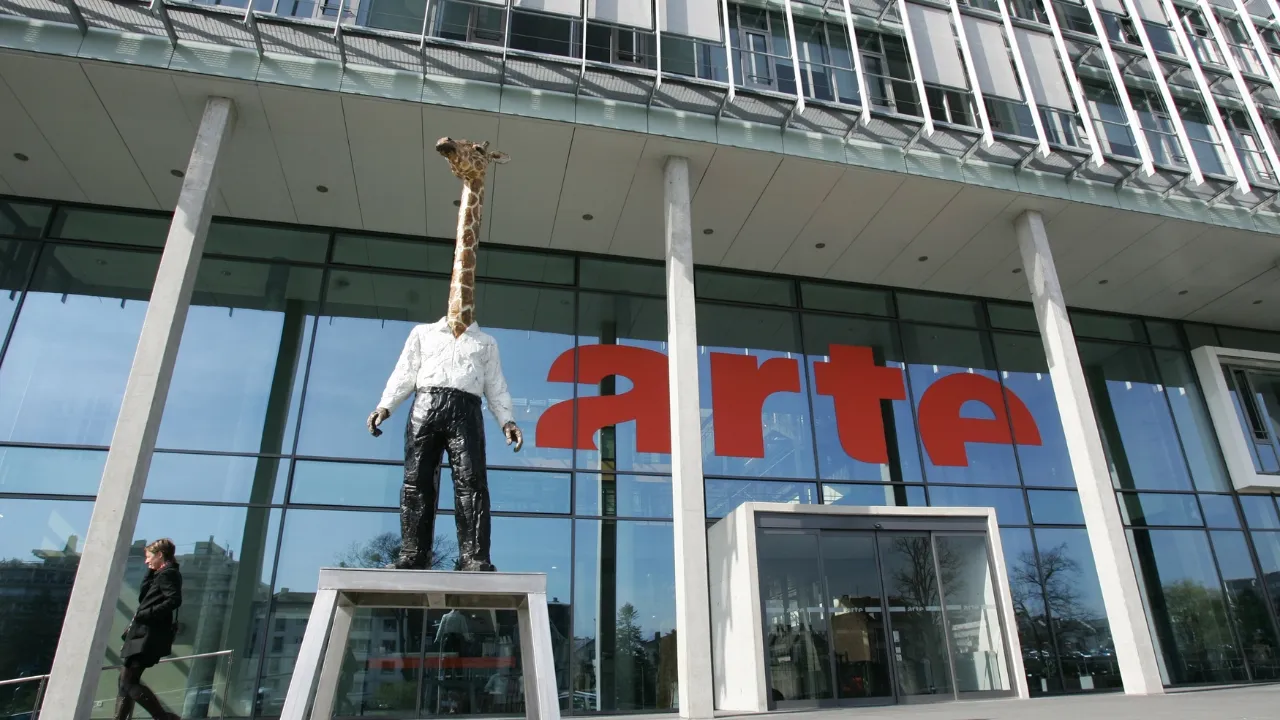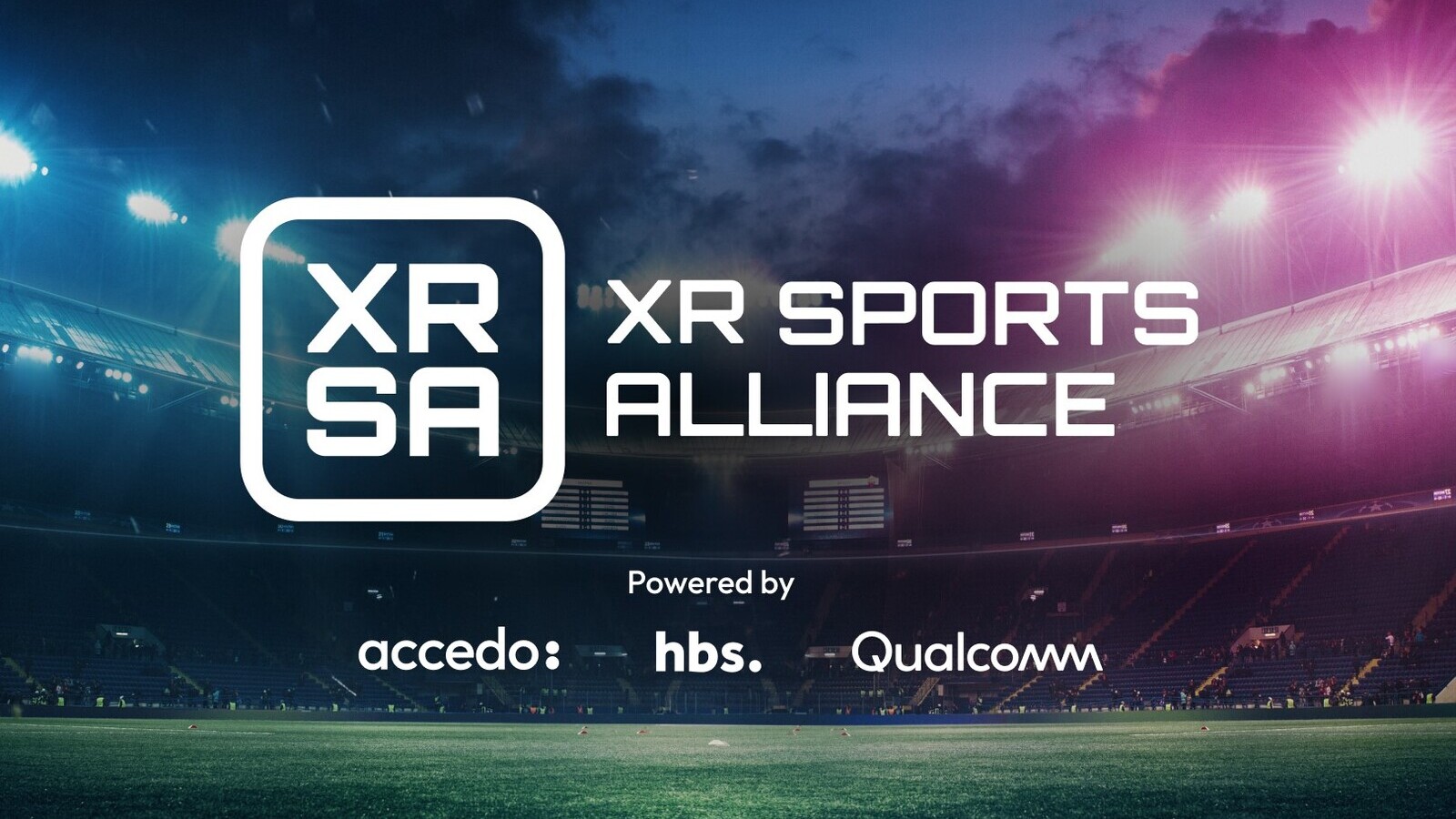Caretta Research report highlights the vital role of Livepeer’s distributed network in helping streaming services use real-time interactivity as a route to profitability.
Livepeer Studio announced the launch of a new free report by technology analyst Caretta Research, revealing how video companies can reduce the cost of interactive live streaming (ILS) by 74% through distributed streaming infrastructure.

The Interactive Live Streaming: The Evolution of the Streaming Experience report highlights the critical role of cost-effective real-time streaming in driving revenue and enabling engagement across various use cases, including direct-to-consumer (D2C) content creation, longtail sports, commerce, faith-based streaming, live betting, and gaming.
ILS is the natural evolution of streaming video, but traditional approaches and legacy technologies make it cost-prohibitive to all but the largest streaming providers. Advanced in-stream engagement features like co-viewing, audience chat, polling, gifting, betting, transactions, live pricing, and auctions are critical across use cases, including retail, wagering, sports, gaming, and education — driving revenue generation and viewer engagement. Enabling real-time delivery, ILS, and integrating real-time engagement tools is expensive, complex, and often requires custom development. Regular cloud video solutions and centralised streaming infrastructure fail to deliver the cost efficiency and flexibility emerging and established streamers need to deploy ILS as part of their strategy and grow new revenue.
Caretta Research’s report demonstrates how cost-effective real-time streaming opens up profitable ILS-driven business models to a wide range of streaming companies, enabling them to augment subscription or ad-based strategies that struggle to deliver sustainable revenue growth.
Ed Barton, Research Director at Caretta Research, said: “Real-time interactivity is fundamental for various streaming use cases that need to accelerate profitability and engagement. However, legacy technology and traditional video workflows constrain experimentation with and deployment of interactive live streaming. Distributed streaming delivers game-changing cost savings that make interactivity-driven revenue models possible for a new breed of streaming business.”
“The media industry is rapidly pushing for real-time interactivity, but costs and impractical solutions make it hard for growing streaming companies and content creators to engage with their audiences on a deeper level,” said Eric Tang, Founder of Livepeer Studio. “Livepeer Studio makes high-quality interactive live-streaming achievable to any content owner or entertainment brand, sidestepping the eye-watering costs of traditional cloud providers while making it easier than ever to build, engage, and monetize rapidly growing streaming communities.”
“Interactivity is at the core of our streaming business model. Creating and growing our hugely successful show wouldn’t be feasible without Livepeer Studio’s interactive live streaming features and cost benefits,” said Bill Ottman, Co-Founder of live reality TV company Fishtank. “Livepeer Studio enables us to drastically reduce our streaming costs while focusing on highly creative live audience engagement that retains audiences and generates significant profits. We’ve just surpassed 1 million viewers and $3m in revenues by opting for a distributed streaming approach that supports our ambition in real-time interactivity.”
The report shows that Livepeer Studio’s distributed network architecture enables cost savings of up to 74% to deliver ILS compared with several established streaming solution vendors reliant on major commercial cloud providers. Supporting both WebRTC and HLS protocols, Livepeer Studio delivers low-latency live streaming with real-time interactivity, advanced viewer engagement, and performance analytics while ensuring high reliability and video quality.
The Caretta Research report, Interactive Live Streaming: The Evolution of the Streaming Experience, is available to download at IBC365.

UK launches copyright consultation for creative industries and AI developers
The UK government has launched a consultation looking at how copyright-protected material can be used to train AI models.

BBC and ITV confirm rights deal for FIFA World Cup 2026 and 2030
BBC Sport and ITV have agreed a deal for live coverage of the FIFA World Cups in 2026 and 2030 across TV, audio and digital platforms.

US writers call on Hollywood studios to take action against AI firms
The Writers Guild of America (WGA) has called on Hollywood studios to “come off the sidelines” and prevent tech companies from allegedly using its members’ works to train AI platforms.

Arte joins European Broadcasting Union
Arte, the Franco-German public service broadcaster, has become the newest member of the European Broadcasting Union (EBU).

Lee Walters appointed Chair of BAFTA Cymru
BAFTA has named Lee Walters as Chair of its Wales branch BAFTA Cymru.




